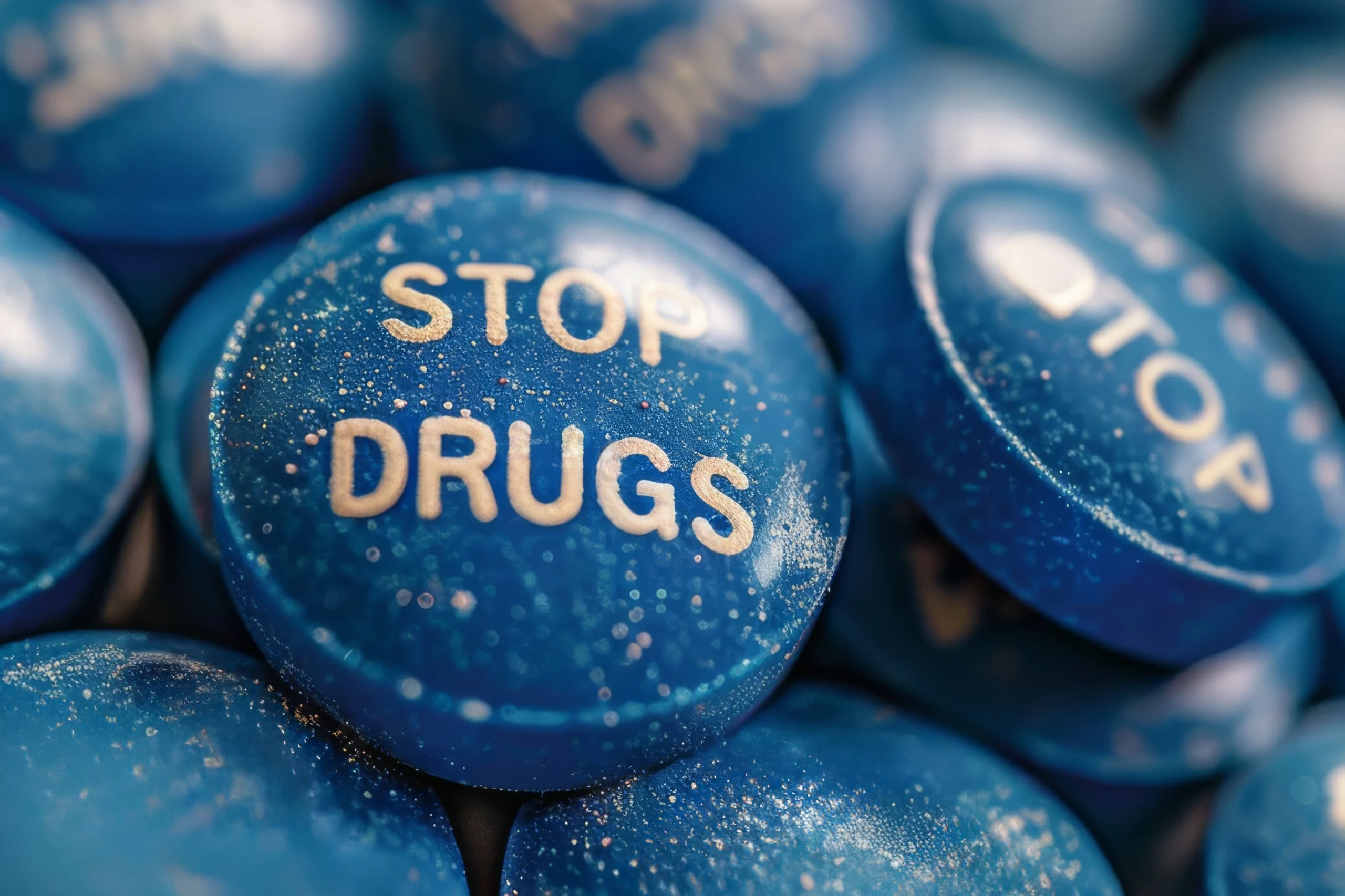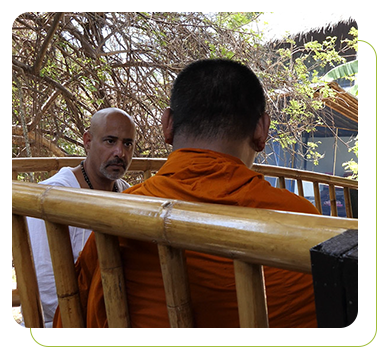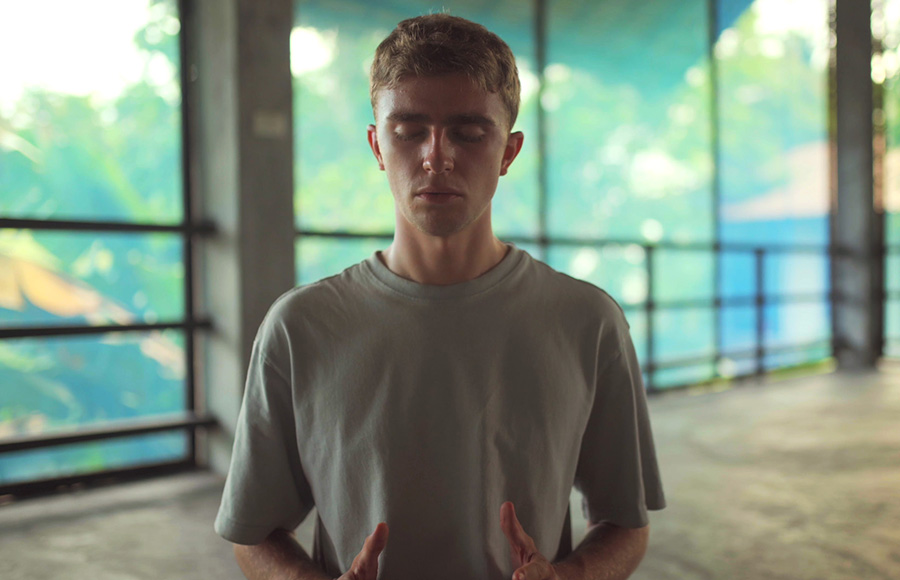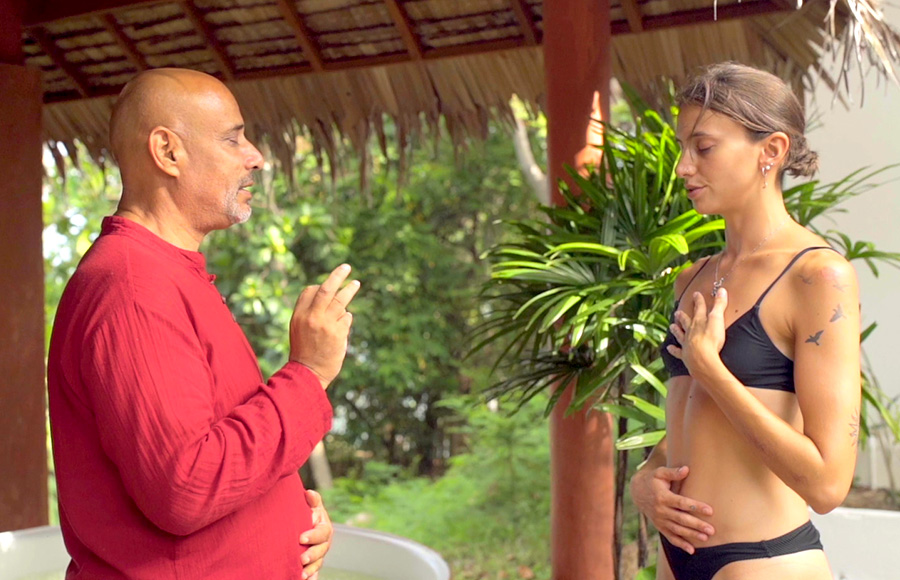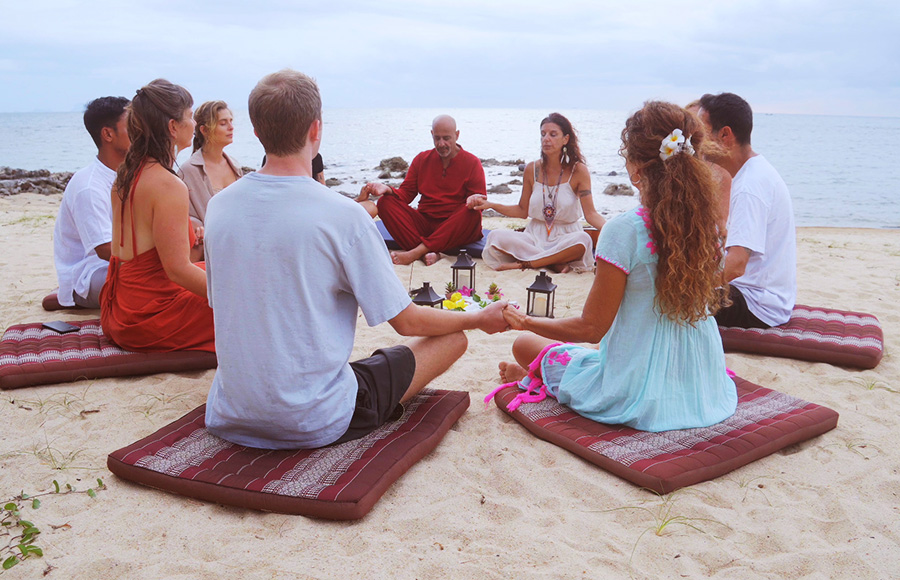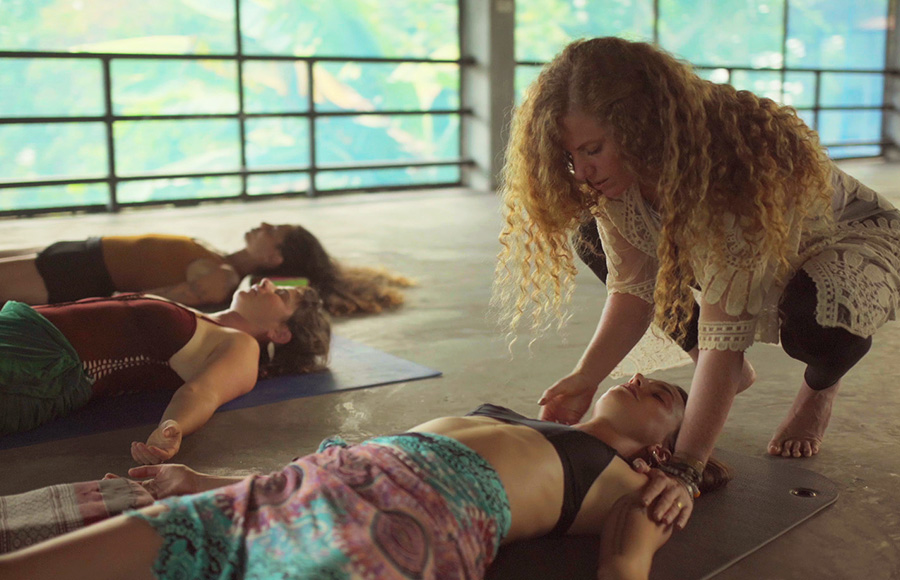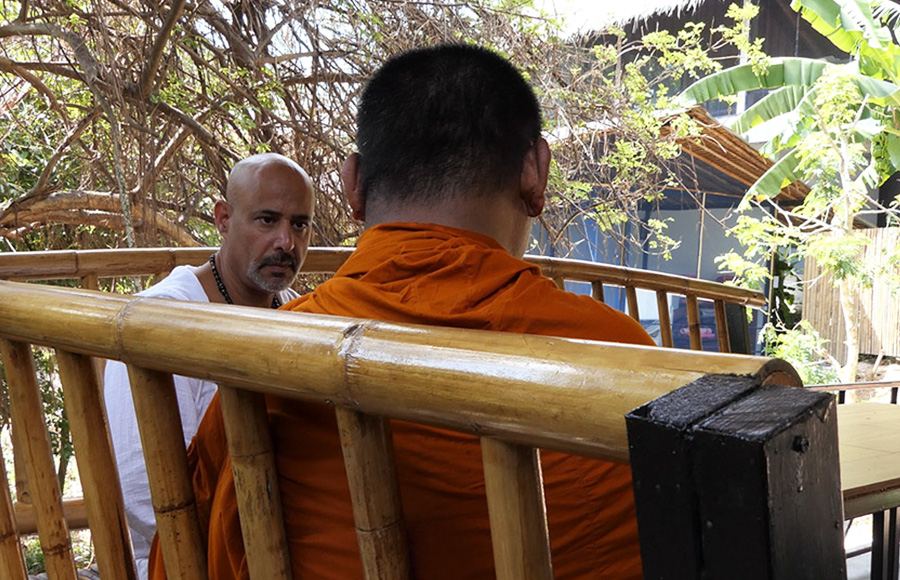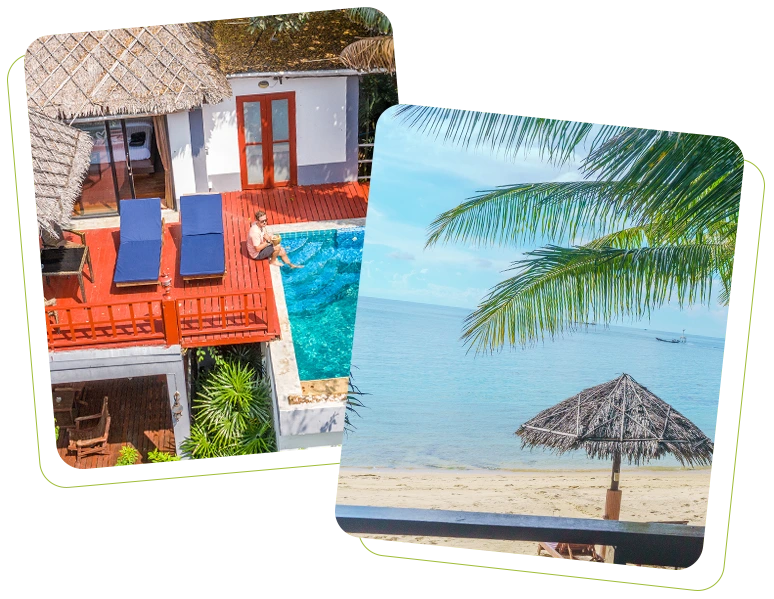Autism, ADHD, and Co-Occurring Mental Health: The Case for Specialized Rehab
05 min read

Why Co-Occurring Conditions Complicate Recovery
Addiction rarely exists in isolation. For many neurodivergent individuals — including those with autism and ADHD — addiction is intertwined with co-occurring mental health conditions such as anxiety, depression, or PTSD.
Traditional rehab programs often focus narrowly on substance use, overlooking these layered challenges. At Holina Rehab Thailand, we understand that recovery for neurodivergent clients requires specialized, integrated care that addresses both addiction and mental health together.
The Connection Between Neurodivergence and Mental Health
1. Autism and Mental Health
Up to 70% of autistic adults experience anxiety or depression.
PTSD is significantly more common, with autistic adults 4x more likely to be diagnosed than neurotypical peers.
Social exclusion, masking, and sensory overwhelm contribute to mental health struggles.
2. ADHD and Mental Health
Adults with ADHD face higher rates of mood disorders, including depression and bipolar disorder.
Emotional dysregulation often leads to difficulties managing stress.
Co-occurring trauma can worsen impulsivity and substance misuse.
3. Addiction as a Coping Mechanism
Many neurodivergent individuals use substances to cope with unaddressed mental health issues, creating a cycle of self-medication that worsens both addiction and psychiatric symptoms.

Why Standard Rehab Falls Short
Focus on addiction alone: Ignoring co-occurring conditions leads to incomplete recovery.
Lack of specialist staff: Many centers aren’t trained to recognize how autism or ADHD interact with mental health.
Rigid models: Neurodivergent clients may struggle in programs that don’t adapt to their sensory or communication needs.
This can leave clients unsupported, at higher risk of relapse, and feeling misunderstood.

The Case for Specialized Rehab Programs
1. Integrated Dual-Diagnosis Care
Holina addresses both addiction and mental health conditions together, ensuring no part of the client’s experience is overlooked.
2. Trauma-Informed Therapy
Since trauma is common in neurodivergent clients, therapies like EMDR, somatic approaches, and psychotherapy are core to treatment.
3. Holistic Healing for the Whole Person
Yoga, mindfulness, and meditation for emotional regulation.
Art and sound therapy for non-verbal expression.
Water-based therapies unique to Holina that help regulate the nervous system.
4. Neurodivergence-Aware Staff Training
Our team understands masking, burnout, and differences in communication, ensuring clients feel respected and safe.

The Benefits of Specialized Rehab for Neurodivergent Clients
Improved mental health outcomes by addressing co-occurring conditions.
Reduced relapse risk through integrated dual-diagnosis care.
Increased engagement thanks to sensory-friendly, person-centered environments.
Sustainable recovery built on empowerment and resilience.
FAQs About Neurodivergence and Co-Occurring Mental Health
Q1: What are co-occurring conditions?
When addiction and mental health conditions (like depression, anxiety, or PTSD) exist together.
Q2: Are autistic people more likely to have mental health issues?
Yes. Anxiety, depression, and PTSD are much more common among autistic adults.
Q3: Why does ADHD increase risk for addiction and mental health struggles?
Impulsivity, stress regulation challenges, and co-occurring trauma make ADHD a strong risk factor.
Q4: How does Holina treat both addiction and mental health?
Through integrated dual-diagnosis care, trauma therapy, and holistic healing practices.
Q5: Why choose specialized rehab over standard rehab?
Because only specialized programs adapt to neurodivergence and co-occurring conditions together, improving long-term outcomes.
Conclusion: Specialized Care for Complex Needs
For autistic and ADHD clients, addiction recovery cannot be separated from mental health. At Holina Rehab Thailand, we provide specialized, trauma-informed, and holistic rehab programs that treat the whole person — addiction, mental health, and neurodivergence together.
This integrated model ensures not just sobriety, but also resilience, balance, and dignity.
📞 Ready to Begin?
Contact Holina Rehab today to start your healing journey:
Phone: +66 (0) 626 418 369
Email: info@holinarehab.com
Website: www.holinarehab.com
About Me
Ian Young
Ian Young is the Global Manager at Holina Care Centres in Koh Phangan, Thailand. Ian oversees the rehabilitation programs that blend the 12 Step model, Psychology, Counselling, Coaching, Somatic and many other therapeutic engagements, alongside various evidence-based therapies with holistic healing practices. Holina Rehab treats addictions, trauma, anxiety, depression, and other emotional challenges, offering comprehensive care in a serene resort environment. Ian, a charismatic speaker and author of “It’s Not About Me” leveraging his own recovery journey from addiction to inspire and guide others toward a fulfilling, addiction-free life.






